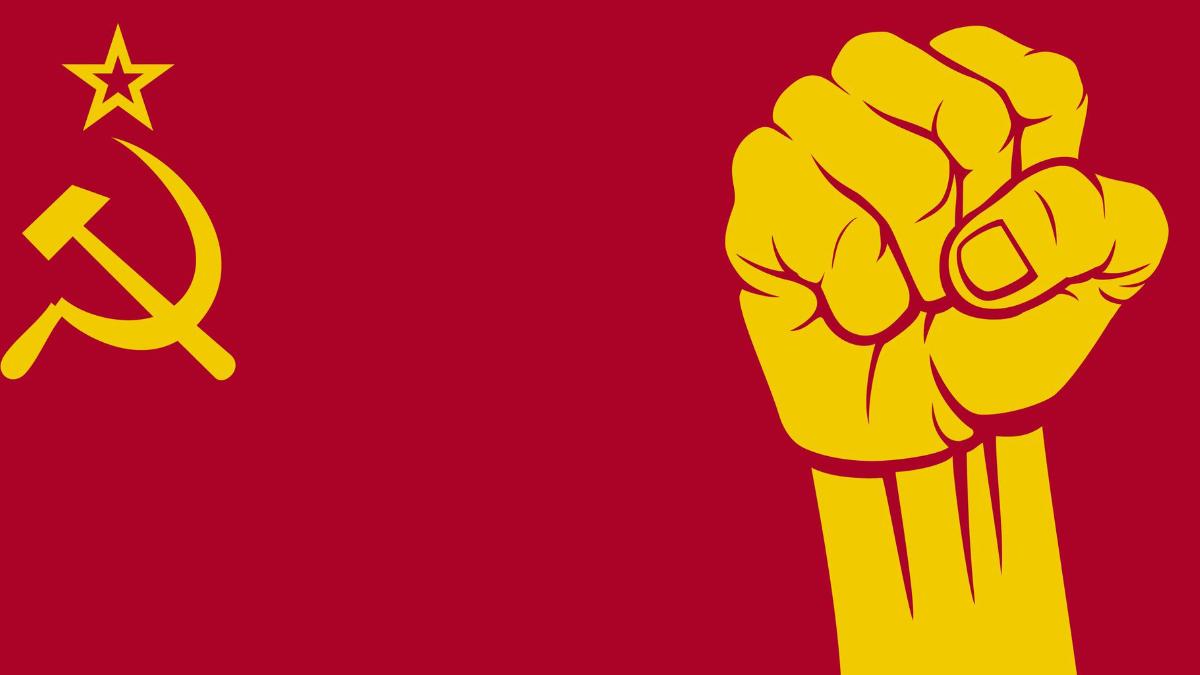There are two explanations for why the Venezuelan opposition, which according to polls was expected to win some 17 of 23 governorships, was flatly defeated by chavismo in recent state elections that had been widely regarded as a plebiscite on a regime that is repudiated by 80 percent of its citizens.
According to one thesis, the government committed massive electoral fraud: the elections were organized by a National Electoral Council, an organ of the dictatorship, which is under the supervision of a spurious National Constituent Assembly that lacks international recognition; the authorities prevented the opposition from having witnesses at numerous polling stations; at the last moment voting centers were transferred to the (few) places that are still bastions of chavismo; the government’s apparatus of intimidation displayed the accustomed ruthlessness under the umbrella of the “Republic Plan”; and the use of state funds was profuse.
The other thesis says the opposition was the victim of two social phenomena that play a growing political role: emigration and disenchantment. Venezuelans who have left or are trying to leave the country, along with those who abstained from voting because they have lost faith in the ability of the opposition to bring about change, would explain part of the 2.3 million votes that the Democratic Unity Roundtable (MUD in Spanish) lost since crushing chavismo in the parliamentary elections of 2015.
Which explanation is right? Both.
The electoral route towards a transition to the rule of law is shut for the opposition. It was definitively closed last summer when weakened republican institutions were replaced by the National Constituent Assembly, which does not have a single member of the opposition and has abolished formal democracy. But it is also true that the mass exodus of Venezuelans and general discouragement among the population have eroded the strength of the civil resistance movement—as happened in Cuba a couple of decades after the triumph of the revolution.
The international community—the United States, Europe, and the Lima Group, which is made up of 12 governments in the Western Hemisphere—has called for an audit of the vote. But an audit is not even possible at this point. Only the dictatorship has access to the vote counts—the opposition was not able to obtain a copy of the counts from most of the voting centers, preventing it from proving the fraud by comparing those counts with the official tally in the hands of the National Electoral Council.
Opposition figures—like María Corina Machado and former Caracas mayor Antonio Ledezma, under house arrest—who asked the main opposition coalition not to lend itself to this electoral farce have been proven right. The leaders of MUD, in many cases in good faith in view of the inability of recent mass demonstrations to precipitate a transition to the rule of law, made a grave error of judgment by agreeing to participate in the elections. They will make another grave mistake if they now agree to a “dialogue” with Nicolás Maduro, Venezuela´s governing thug, who has been trying to avoid European Union sanctions by calling for negotiations that offer no guarantee that anything agreed upon will be honored.
What, then, is the opposition to do? There is only one path ahead: to have as much internal and external pressure as possible relentlessly applied to the regime in the hope that divisions among chavistas will eventually produce a current of opinion partial to real negotiations or cause the collapse of chavismo.
But let’s face it: despite the colossal unpopularity of the government and the inferno into which the hyperinflationary economy and society at large have plunged, the reasons for optimism are as scarce as credible electoral records. The hope brought by the mass mobilizations and the awakening of the international community in the first part of this year (noon) has given way, in a few months, to an intense and discouraging Koestlerian darkness.













